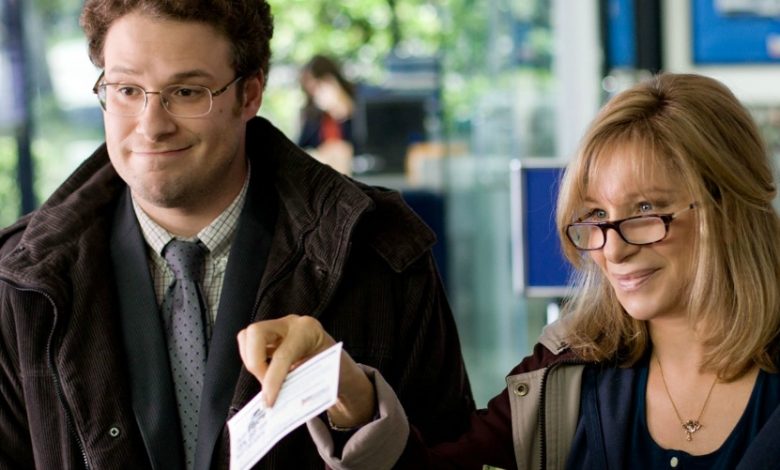
It’s false.
Not only does the National Institutes of Health have enough money to study origami-themed condoms, the sexual patterns of fruit flies and whether chimpanzees are right or left handed, one report shows its budget would have fared better under the GOP-controlled House than President Barack Obama’s own fiscal knife.
So will The Huffington Post offer an update to Streisand’s column, or will an army of fact checkers rise to the challenge? It’s unlikely.
That’s how being a celebrity works. Stars can say more or less what they please without being rigorously challenged. And their views seep into the culture and influence, to some degree, where the public stands on a given issue.
Consider Sarah Silverman’s recently released video deriding the gap between men’s and women’s salaries. The shock comic says women earn 78 cents on the dollar compared to what men make.
That figure is easily debunked, though, a fact that doesn’t get voiced in The Guardian’s coverage of Silverman’s video. Other media outlets covering Silverman’s video, like US Weekly, The International Business Times and TheWrap.com, also failed to put the claim in the appropriate context. CNN Money dug into the matter, but only through the lens of the LBGT community not finding the video’s sex change theme amusing.
In this case, Politifact.com actually did crunch Silverman’s numbers. But consider all the other sites which simply repeated them without the necessary context.
There’s a reason why celebrities can share erroneous information with little chance of a serious counter-attack. Four, in fact:
- Stars Call the Shots: Celebrities are under no orders to speak to the press unless they wish, and that’s often in connection with promoting a new record, TV series, book or film project. So getting them to respond to a tough but fair round of questions outside the marketing circuit is a challenge.
- Journalists Agree with Them: Why wouldn’t a journalist ask Streisand about her GOP attack? Chances are the reporter in question either agrees with the superstar or simply aligns with the sentiment. Liberal media bias doesn’t merely infect mainstream news coverage.
- Time Isn’t on Their Side: When journalists speak to celebrities it’s likely under controlled situations. The length of the interview is often established before hand, and sometimes press handlers will step in if they feel a question is out of bonds for any reason.
- The Right Venue at the Right Time: Celebrities know there are places where they can be heard without comments or criticism, like on stage at a major awards show or on a late night comic’s couch.
Ben Affleck endured a rare moment of criticism during his appearance on HBO’s “Real Time with Bill Maher” show Oct. 3. The Oscar-winner’s views on Islam were directly challenged by Maher and co-panelist Sam Harris. Affleck, met with the kind of intellectual sparring partner he rarely faces in public, looked alternately angry and petulant under a fair line of questions.
This was the exception, not the rule.
Journalists would help repair their tattered image by holding not just politicians accountable for their claims but A-list stars, too, when possible. Celebrities would end up doing more research on their opinions if they knew a potential grilling awaited them.
Both changes would bring a better exchange of ideas to the cultural conversation.
